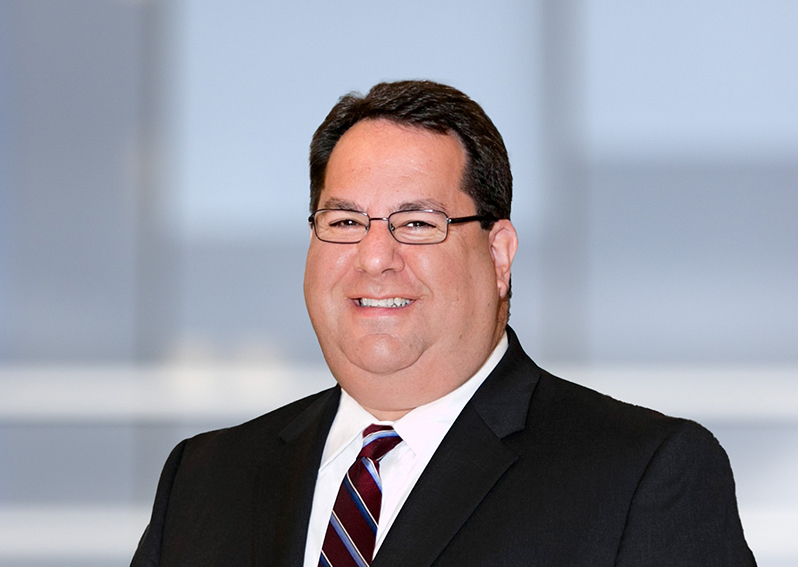Public entities should review their social media policies following a U.S. Supreme Court decision last week establishing parameters for when a public official may delete a post or block an individual from posting on their official or personal accounts.
Based upon the holding in Lindke v. Freed, public officials should, at a minimum, clarify whether a social media account visible to the public is a personal account or a public account used to speak on behalf of the public entity.
Deleting Posts and Blocking Users:
In Lindke, a city manager maintained a social media account. Many of his posts were about his family, dog and personal interests. He also posted information related to his job. For example, he posted about public events and municipal updates on services. His account allowed others to post on it. He deleted posts he found “derogatory” or “stupid.”
During the pandemic, the city manager continued to post about personal and job-related topics. Lindke went to the city manager’s page and posted critical comments about the city’s response to the pandemic. Initially, the city manager deleted the posts. Then he blocked Lindke completely. Lindke sued claiming the city manager’s action violated his First Amendment rights because the city manager’s social media account was a “public forum.”
State Action vs. Personal Accounts:
The Court reasoned that Lindke’s claim rested on whether the city manager had engaged in any state action as public officials are also private citizens with their own constitutional rights. Focusing on this distinction, the Court held that “a public official’s social-media activity constitutes state action under §1983 only if the official (1) possessed actual authority to speak on the State’s behalf, and (2) purported to exercise that authority when he spoke on social media.”
For the purposes of the Court’s analysis, a public official may obtain the actual authority required under the first step of the analysis by “statute, ordinance, regulation, custom or usage.” The Court explained that custom and usage can reflect the “persistent practices of state officials” such that they are so “permanent and well settled” that they carry the “force of law.” The Court suggested if the city manager, by office rather than officer holder, had a long history of having the actual authority to speak for the city, it would establish that authority as “permanent and well settled.”
Turning to the second part of the analysis, the Court explained that the speech at issue must be an exercise of the public official’s actual authority. In addressing this part of the analysis, the Court offered some insight into relevant distinctions. For example, it explained that the chair of, for example, a select board, who announces a matter related to the town at a select board meeting would certainly be exercising their actual authority. However, the same select board chair who discusses the same topic at a gathering at a friend’s house would not.
The Court then observed that a statement on a social media account indicating the page is personal (rather than official) or disclaimer explaining the views expressed are personal may create a strong presumption that statements are not an exercise of the public official’s authority. Similarly, statements that the social media account belongs to the public entity or is maintained by a particular office rather than a particular office holder would create the presumption of official action. Although these factors may suggest an account is either personal or official, it is critical to examine the substance of the statements.
The Court also distinguished between deleting a particular post and blocking an individual from posting. If a citizen responds to a post that is personal (rather than official), the public official will not violate the citizen’s First Amendment rights by deleting the post. However, blocking an individual from posting would violate the citizen’s First Amendment right if any post on the social media account is an exercise of the public official’s actual authority.
Clarifying Policies and Accounts:
The Court’s decision offers some actionable take-aways for public officials. First, public officials with social media accounts should clearly state whether the account is personal or official. Second, public officials should keep their personal and official accounts separate. Third, public entities should determine who will have the actual authority to speak on behalf of the entity. For example, some public entities maintain a policy making the chair of the board or committee the official spokesperson. Simply limiting the authority to speak for the public entity to certain roles by policy may not, however, resolve the issue if a board or committee’s custom and usage does not align with its policy. For this reason, public entities may wish to revisit their existing policy and ensure their practices align with their policy.
Last, it is important to note that the Lindke v. Freed case did not address whether a public official must allow others to post on social media accounts. Thus far, no federal circuit court has held that a public official is required to allow others to post on their account. As a result, public officials may still choose to disable features that allow others to post on their accounts.
This client alert is intended to inform you of developments in the law and to provide information of general interest. It is not intended to constitute legal advice regarding a client’s specific legal issues and should not be relied upon as such. This client alert may be considered advertising under the rules of the Massachusetts Supreme Judicial Court. This client alert is for informational purposes only. It is not intended to be a solicitation or offer to provide products or service to any individual or entity, including to a “data subject” as that term is defined by the European Union General Data Protection Regulations. ©2024 Mirick, O’Connell, DeMallie & Lougee, LLP. All Rights Reserved.





